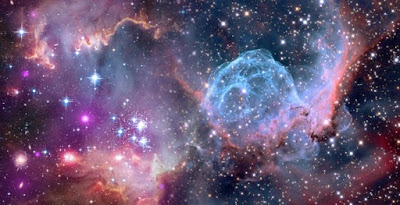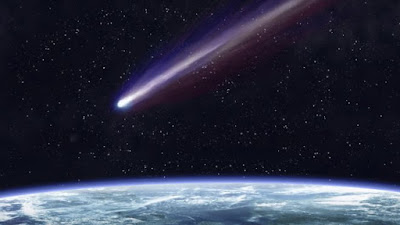Who put the brutes in charge?
All around us black rain falls:
war, incarceration, empowered police,
draconian and paternalistic laws,
intolerance of gays, drug users,
homeless, immigrants, liberals,
religious intolerance and prejudice.
Societal problems are answered
with military might,
with repression and invasion,
with incarceration,
and with death.
Who put the brutes in charge?
This should be the age of global equality,
with water and health,
with education for all.
We have the wealth,
we have the technology,
and multitudes of people
who want to help,
who long to make a difference.
When did we put the brutes in charge?
When did we empower military adventurism
and social repression?
When did we give our permission
to ruin the global economies,
and to wreck the environment?
Who said we should let oppression continue,
and corporate adventurism to thrive?
Why did we put the brutes in charge?
Are we so addicted
and conditioned to control and punishment
that we let social justice die?
We give our conscience money
to diverse charities
while permitting dictators
and repressive regimes to continue unscathed.
We repeat platitudes about
doing unto others
while the Pope, advocating abstinence,
condemns condom use to control Aids.
Who put the brutes in charge?
Who empowered such greed
for wealth and power
to control our lives,
and the future of the planet?
We did, and we continue,
to stay with what we know,
to respond to our conditioning
to the propaganda of greed and hate,
to the politics of fear and consumerism,
to do the easy thing.
We put the brutes in charge:
isn’t it time we changed
our political criteria?
Isn’t it time for thinking people,
for caring people,
to make our voices heard?
Where are the intellectuals,
the social liberals, the progressives?
Where are the religious moderates,
and dinner party philosophers
who call for a better way?
We put the brutes in charge:
this brutish geo-political Ferris wheel
must stop, must become a nightmare of the past,
must join the Inquisition,
the Salem witch trials,
the Holocaust,
the Khmer Rouge,
al Qaeda,
on the trash heap of history.
Thinking people must speak out,
and make our voices heard:
an ever growing thunder
that heralds the dawn
of social renaissance,
of change,
of the way that things can be,
should be,
must be.
Who put the brutes in charge?






